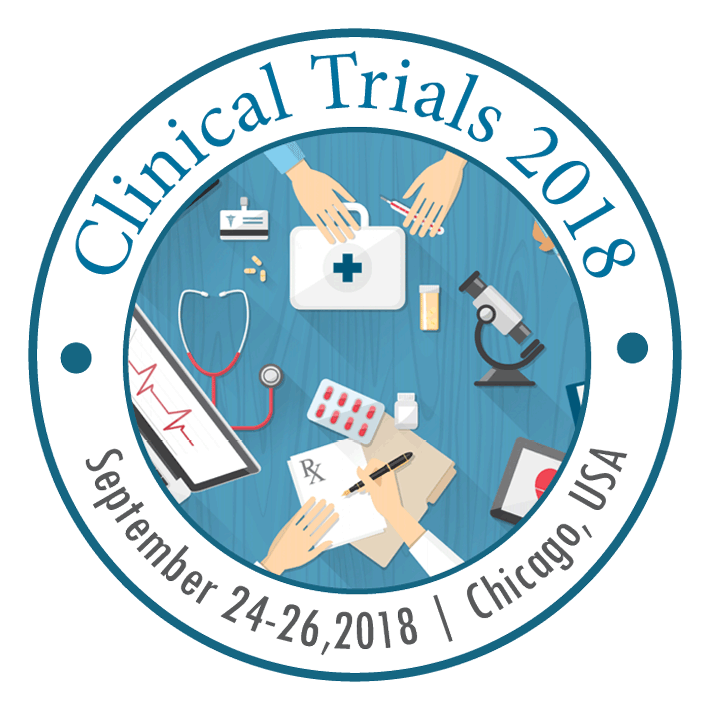
Matt Cavallo
Patient Activation Network, USA
Title: The dog story: A patient’s perspective on research and healthcare
Biography
Biography: Matt Cavallo
Abstract
At twenty-eight years old, Matt Cavallo, MPH was diagnosed with Multiple Sclerosis. Seemingly overnight he went from a fully-functioning, healthy man to someone who was paralyzed from the waist down and unable to walk. His story of being diagnosed and overcoming the physical and emotional challenges associated with having a chronic disease will be presented from the onset of symptoms and hospitalization to the decision to try a black-box therapy. He will discuss the successful outcomes he experienced because of the decision to advocate for himself based on the clinical trial research. Matt will also discuss the emotional and physical toll that it took on him, his wife and their young family. During this lecture, Matt will talk about the importance of participating in clinical trials from the patient perspective. He will discuss the resistance he faced from his care team because of his decision to try a newly approved, but risky therapy option, and how he overcame those objections. Matt has presented on this topic to top researchers and scientists in the field inspiring them with his compelling personal patient experience story. His authenticity and ability to be vulnerable on stage will make this presentation one that your audience will talk about long after the conference has ended. Matt will make your audience laugh, cry, and in the end, inspire hope.
Learning Objectives
The World Health Organization recognizes therapeutic patient education and patient experience as clinical education. Content within the lecture is relevant to healthcare and the designated audiences in the following four areas:
The patient adaptation process including coping with the disease, loss of control, health beliefs and sociocultural perceptions.
Subjective and objective needs of the patient, whether expressed or not, as an integral part of treatment and care
Concerns about the patient’s daily life and psychosocial environment, as well as, the patient’s family and other close relatives and friends.
A disease as a continuous process, which has to be adaptive over the course of the disease and to the patient and patient’s way of life as part of a long-term care of the patient.

